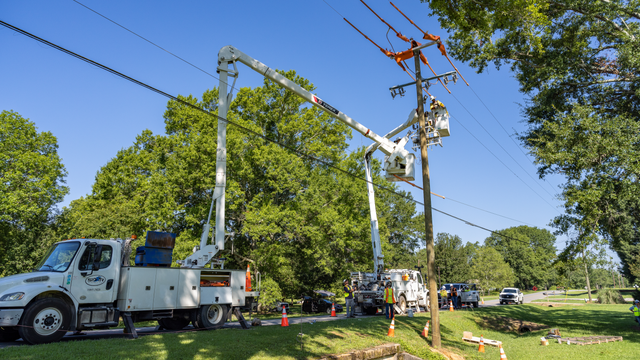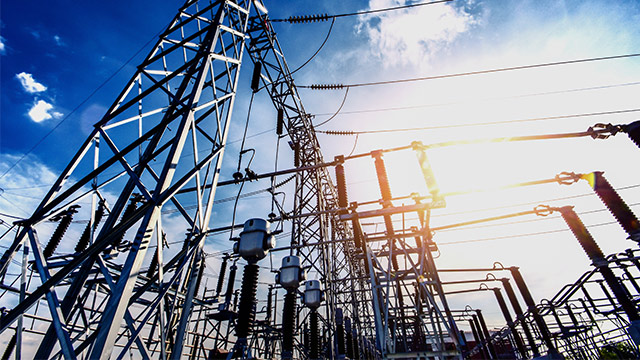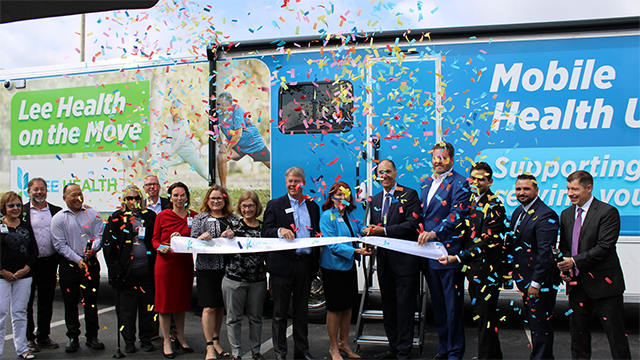Supporting 50 MW of solar PV for Lira, Uganda
Solar energy has a major role in the Ugandan government’s Renewable Energy Policy. The solar energy resource potential, on average, is estimated to be approximately 5.2 kilowatt-hours per square meter per day; creating the potential to provide more than 39 percent of the country’s renewable-based power capacity by 2040.
Black & Veatch was commissioned to deliver a feasibility study in order to support the client in assessing the commercial and technical feasibility of a solar project to provide electricity for one of Uganda’s largest provincial cities. The proposed project is a ground-mounted single axis tracker solar photovoltaic (PV) plant with a targeted direct current capacity of 50 megawatt peak, with the owner selling power under a power purchase agreement to the Uganda Electricity Transmission Company Limited.
Black & Veatch’s Europe, Middle East and Africa (EMEA) team was commissioned to undertake the feasibility study by a global investor specialising in renewable energy assets including solar parks, wind farms and hydro and geothermal energy plants.
The client’s long-term involvement strategy meant a clear and accurate upfront understanding of the project’s risk profile and performance was essential. Expertise in every element of the asset’s lifecycle – solar PV engineering, operation and economics - is what makes the EMEA team a trusted advisor for studies such as these.
Black & Veatch’s deliverables encompassed technical analysis including conceptual layout design, optimisation study, energy yield assessment, site constraint analysis and a grid connection review; in addition to an economic evaluation exercise, which included providing an estimated bill of quantities, capital expenditure and operational expenditure for the project. The scope supported the client with validation of their financial model inputs and the project’s financial metrics.
This was a collaborative EMEA project with contributions from professionals in the UK and South Africa. In addition the team invested in local support to provide information about the project’s social and environmental aspects; as well as the substation connection.






